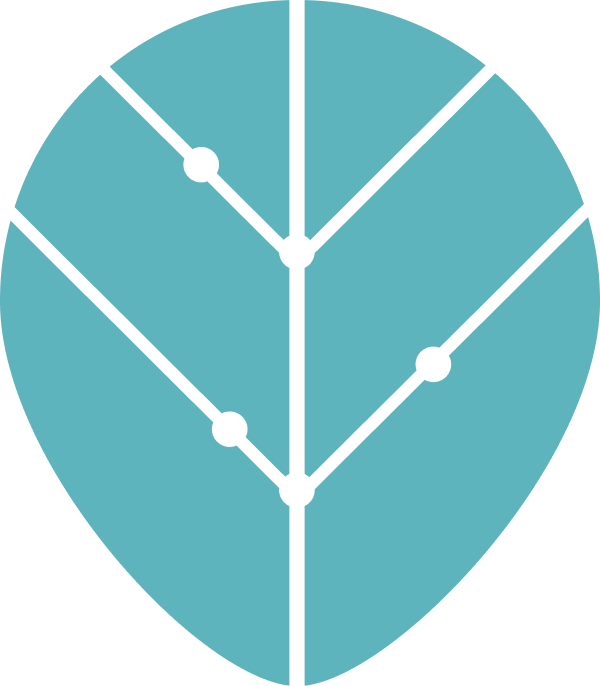We all know we should try to get the recommended number of hours of sleep per night (and for most adults, that’s seven to nine hours). To help with that goal, we can consider a factor that plays a huge role in our sleep quality: our circadian rhythm.
“Each of us has our own internal circadian rhythm,” says Sleep Number’s sleep expert and sleep medicine specialist, Peter Polos, M.D. Ph.D. “And that is influenced by external factors, such as light, work demand and family.”
Sometimes, as Dr. Polos points out, these external factors compete. For example, we need to sleep, but the environment we’re in, or our schedule, keeps us from getting to bed when we need to. That’s all the more reason to be consistent when we can. “We should try and maintain as much of a regular sleep cycle as we can, because it satisfies the internal balance our body requires,” Dr. Polos says. “It habituates the brain to know that it’s time for sleep.”
Yes, there are chronotypes – people who are inherently disposed to being morning larks or night owls. But these are mostly found at the extremes. If you function best early in the morning, or if you tend to peak late at night, and you’re unable to find a work schedule that aligns with your internal rhythms, there are small steps you can take to get more in sync.
That’s because, as Dr. Polos says, good sleep is largely a learned behavior, and one that we can make into a habit. “We all have our routines — brushing our teeth, putting our pajamas on, reading,” he says. “Keeping a routine actually sets our brain up to promote sleep.” Of course, it’s impossible to go to bed at the exact same time every night, but consistency should be our aim. “If we alter our bedtime on a regular basis, that can affect the number of sleep cycles we go through.”
As we create a consistent sleep schedule, here are some factors to consider, along with recommendations from Dr. Polos.
The wind down
Dr. Polos says we should begin winding down the day an hour or two before we want to sleep. That means being done with dinner, making our environment quieter and a bit darker, and doing something relaxing.
Eating
One of the most frequently asked sleep routine questions is about late night eating. According to Dr. Polos, it depends on what we’re eating. Yes, as he points out, there are certain foods that are thought to promote sleep, like turkey, which contains the amino acid tryptophan. But for tryptophan to have a sedating quality, it has to pass the blood-brain barrier. Carbohydrates can help make that happen — but that doesn’t mean donuts before bed. “One of the more studied diets that seem to have a beneficial effect on sleep is the classic Mediterranean diet: vegetables, olive oil, nuts, etc.,” says Dr. Polos. “Heavy, fatty foods are probably somewhat inhibitory to sleep — whereas more complex carbohydrates are probably relatively more sleep promoting.”
Food for Thought: Sleepers who use SleepIQ technology, who never eat before going to bed are the most restful overall and get the highest (best) SleepIQ score, compared to those who eat at bedtime.*
Exercise
According to Dr. Polos, there used to be a school of thought that advised against all exercise before bed, but that’s changed. What really matters is the kind of exercise we do. “What’s generally recommended is stretching, yoga, walking, not vigorous treadmill running, weight training — that seems to help promote the onset of sleep. But vigorous exercise probably delays it a bit.” Dr. Polos adds that if the only time you can exercise is before bed, the benefits of exercise outweigh the negative impact it might have on your sleep—so go ahead and get your exercise in.
Exercise High: Sleep NumberSleepIQ sleepers who say they exercise regularly are the most restful overall, have the highest SleepIQ score, and the lowest average heartrate and average breath rate than those who exercise occasionally or rarely.* If you’re not sure what do, try yoga. Sleep Number’s SleepIQ data also shows that SleepIQ sleepers who do gentle exercise, like yoga, get the most restful sleep.*
Jet lag
The severity of jet lag doesn’t just depend on how far we’re traveling — the direction we’re going also plays a role. Flying east to west, says Dr. Polos, is easier to adjust to, since we’re lengthening our day and our natural circadian rhythms are actually a bit longer than 24 hours. Going west to east is more challenging, because we’re shortening our day. To deal with jet lag, suggests Dr. Polos, we should begin before we travel – adjusting our sleep 15 minutes one way or the other about a week in advance. “So when you get there, you may not cover the full total amount of time difference, but you’ve made a significant dent in it,” he says. That will help us adjust to the local time zone more quickly after we arrive.
Caffeine
The conventional wisdom about caffeine is that we should cut it off in the afternoon. Sleep Number data finds that SleepIQ sleepers who drink caffeine late in the evening are less restful and have higher average heart rates than those who don’t. Additionally, SleepIQ sleepers who drink caffeine late in the evening get 12 fewer minutes of restful sleep each night than those who rarely consume caffeine. Now, 12 minutes may not sound like a lot, but consider how many lost hours of sleep that adds up to each year.
For those who are having difficulty falling asleep or maintaining their sleep, cutting off caffeine after Noon will be on the checklist of things to try.
Screens
For Dr. Polos, one of the most important tips for a healthy sleep routine is to shut off our devices at least an hour before bed. And it’s not just about the impact the blue light from our screens has on melatonin, the hormone connected to sleep. “It’s also the thought process — you send an email, and then maybe you’re wondering how it was received, or you’re waiting for a response,” says Dr. Polos. “These are all things that can play on your mind, and lead to some degree of insomnia.” As for TV, Dr. Polos says plenty of his patients like having a TV in their bedrooms and it’s not necessarily a problem. But, he adds, it’s better if it is used as background noise before bed, and not to watch something stimulating.
What is most important is to make our sleep routine into a habit that’s largely the same each night. What that will look like will be different for each person, but consistency is key.
Thrive Global and Sleep Number believe quality sleep has a profound impact on health and well-being. Today, this is more important than ever as we look to quality sleep to help boost immunity, increase energy, and improve recovery. Visit sleepnumber.com to find the best sleep solution for you, so you can wake up to your greater purpose.
*Based on SleepIQ data from 1/2/21 to 1/1/22 and self-reported responses of sleepers using SleepIQ technology from 5/12/19 – 1/13/22


